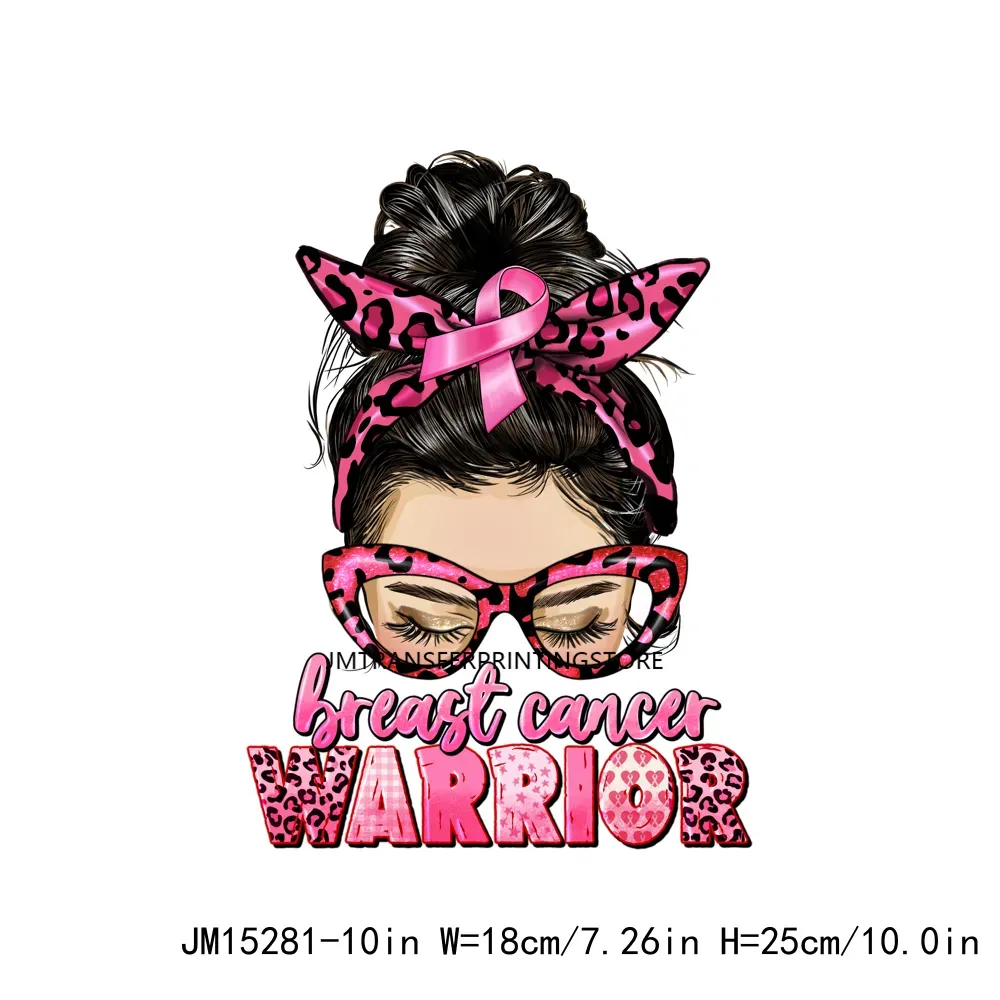In today’s interconnected world, understanding the mechanics of awareness transfers is essential for effective conflict resolution. This concept refers to the exchange of insights and perspectives among individuals, enabling them to foster empathy in negotiation and engage in effective dialogue. By emphasizing awareness transfers, parties can significantly enhance their communication skills, leading to more productive interactions. As conflicts arise in various settings, from personal relationships to global diplomacy, embracing awareness transfers can pave the way for collaborative problem-solving and mutual understanding. In this exploration, we will delve deeper into how awareness transfers contribute to successful outcomes in conflict resolution.
Awareness transfers, sometimes referred to as perspective-sharing or insight exchange, play a pivotal role in resolving disputes and misunderstandings effectively. These processes not only improve empathy among negotiating parties but also enhance their communication techniques through shared narratives and insights. By utilizing awareness transfers, individuals can engage in deeper, more meaningful dialogue, essential for navigating conflicts constructively. This discussion will highlight the significance of these alternative terms and their vital contribution to fostering collaborative problem-solving in diverse contexts.
The Significance of Awareness Transfers in Conflict Resolution
Awareness transfers stand at the intersection of effective conflict resolution and communication skills, allowing individuals to genuinely comprehend different perspectives. This process not only fosters empathy among disputing parties but also enhances dialogue quality, which is critical in negotiations. By focusing on awareness transfers, individuals can explore the roots of conflicts, enabling them to move beyond surface-level disagreements and address the underlying issues causing distress. This deeper understanding cultivates an environment where all voices are valued, contributing to more impactful resolutions.
Moreover, awareness transfers facilitate an open exchange of ideas and emotions, which is an often-overlooked aspect of conflict resolution. Each party benefits from sharing their narratives, which illuminates personal motivations and helps demystify intentions behind their actions. This mutual sharing of experiences creates a foundation for collaborative problem-solving, essential in cultivating a lasting resolution that all parties can accept.
Frequently Asked Questions
What is the significance of awareness transfers in effective conflict resolution?
Awareness transfers are crucial in effective conflict resolution as they enhance mutual understanding by allowing conflicting parties to share perspectives. This exchange fosters empathy, elevating the quality of dialogue and negotiations, and leading to mutually satisfactory resolutions.
How can awareness transfers improve communication skills in conflict situations?
By engaging in awareness transfers, individuals develop their communication skills, particularly in active listening and role play. These methods encourage participants to understand differing viewpoints, resulting in more effective and empathetic dialogues during conflicts.
In what ways do awareness transfers promote empathy in negotiation processes?
Awareness transfers promote empathy by facilitating exchanges of personal experiences and perspectives. This process helps negotiators appreciate the other party’s position, which can lead to more compassionate and effective negotiation outcomes.
What techniques are commonly used to implement awareness transfers in conflict resolution?
Common techniques for implementing awareness transfers include active listening, role play, and narrative sharing. These methods engage participants in understanding different perspectives, enhancing their ability to resolve conflicts collaboratively.
How are awareness transfers applied in workplace mediation?
In workplace mediation, awareness transfers are applied by training leaders to facilitate open dialogues that respect diverse viewpoints. This practice cultivates a constructive environment where team cohesion is enhanced, especially in increasingly diverse workplaces.
What role do awareness transfers play in international diplomacy?
Awareness transfers are vital in international diplomacy as they enable diplomats to engage effectively with diverse cultural perspectives. This understanding fosters greater cooperation and leads to more successful negotiations and agreements among conflicting nations.
| Aspect | Description |
|---|---|
| Definition of Awareness Transfers | The process of sharing insights and fostering understanding between conflicting parties. |
| Importance in Conflict Resolution | Enhances mutual understanding and paves the way for de-escalation and productive discussions. |
| Recent Developments | Growing implementation of awareness transfer programs in organizations for improved negotiation skills. |
| Techniques Used | 1. Active Listening 2. Role Play 3. Narrative Sharing |
| Applications | 1. Workplace Mediation 2. International Diplomacy 3. Educational Settings |
| Academic Insights | Studies highlight cognitive empathy’s role in effective awareness transfers, improving conflict resolution outcomes. |
Summary
Awareness transfers are pivotal in enhancing conflict resolution by fostering mutual empathy and understanding among parties involved. As highlighted in numerous studies, these transfers enable individuals to transcend their viewpoints, allowing for constructive dialogue and collaboration. The rise of training programs focused on awareness transfers in various sectors signifies a growing recognition of their importance. By adopting techniques such as active listening, role play, and narrative sharing, individuals can effectively engage in conflict resolution processes. Overall, cultivating awareness transfers stands as a critical strategy for improving relational dynamics across personal, professional, and international interactions.



